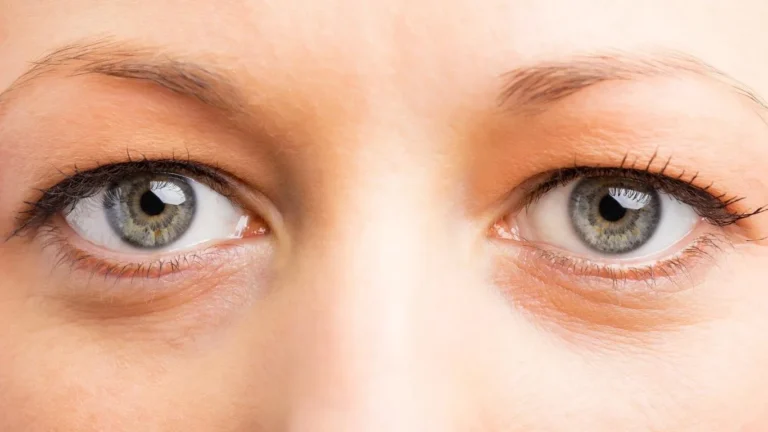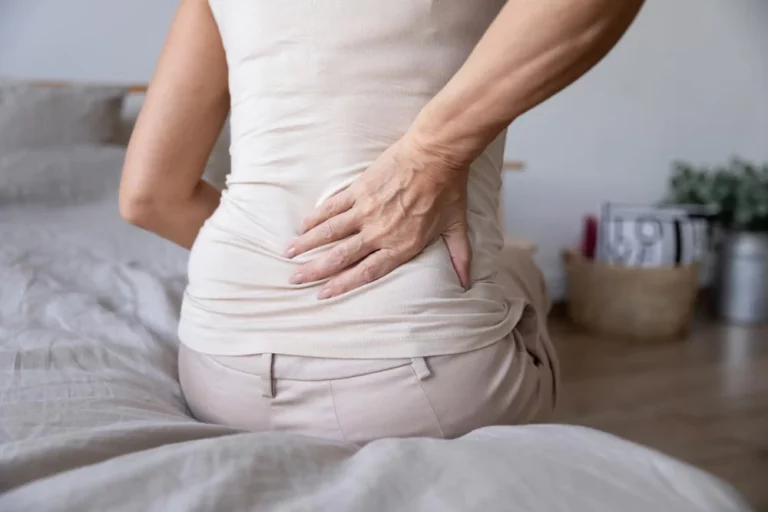Shocking Truth: How Beet Juice Lowers Blood Pressure Fast & Naturally!
If you’ve been on the hunt for a natural way to keep your blood pressure in check, let me tell you—*you’re not alone*. As someone who’s spent over a decade diving deep into hypertension, both in the clinic and in real-world scenarios, I’ve had countless patients ask me: “Does beet juice really help with blood pressure?” Short answer? Yes. The long answer? That’s what we’re going to unpack right here. In this article, I’ll walk you through how beet juice lowers blood pressure naturally, without the fluff or clinical jargon—just the real, evidence-backed scoop, with a little bit of my own experience sprinkled in.
Why Natural Remedies Matter in Blood Pressure Management

Now don’t get me wrong—medication absolutely has its place. I’ve seen it save lives, prevent strokes, and reverse scary numbers. But what if we could get ahead of the curve before the pills even come into play? Or complement them in a way that gives your body some breathing room? That’s where *natural strategies* shine, especially for folks in the early stages of hypertension or those riding that borderline “prehypertension” wave. And among all the natural options, beet juice has genuinely impressed me over the years.
How Beet Juice Lowers Blood Pressure Naturally
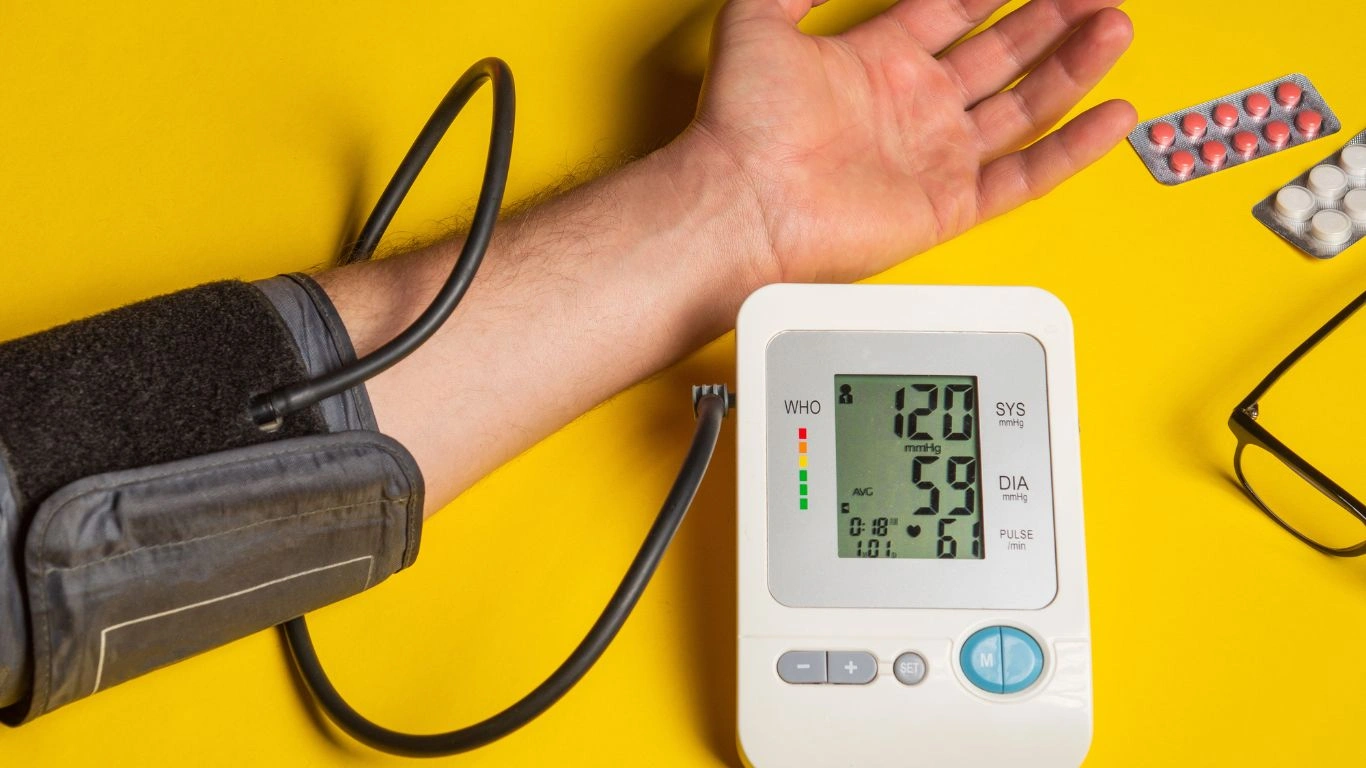
Here’s where it gets cool. Beets are rich in something called dietary nitrates. When you drink beet juice, your body converts those nitrates into nitric oxide—a compound that helps your blood vessels relax and widen. The result? Improved circulation and lower blood pressure. It’s not magic—it’s biochemistry. I’ve had patients come back after just a few weeks of daily beet juice saying, “I didn’t change anything else, but my numbers dropped!” And honestly, I wasn’t surprised.
The Science-Backed Scoop
Let’s break it down in more practical terms. In multiple clinical studies, participants who consumed beet juice daily saw significant reductions in both systolic and diastolic blood pressure. We’re talking 4 to 10 mmHg in some cases—enough to make a real difference.
- Systolic BP (top number) dropped by an average of 5 mmHg.
- Diastolic BP (bottom number) dropped by around 2-3 mmHg.
Now, that might not sound earth-shattering, but in the world of cardiovascular risk, even small shifts move the needle big time. Lowering your BP by just a few points can mean reducing your stroke risk by up to 10%.
Real-Life Results: From My Patients to You
Let me share a quick story. A patient of mine—let’s call her Linda—was borderline hypertensive. She was in her late 50s, not quite ready for meds, but definitely in the danger zone. I suggested a glass of beet juice daily, just to see what happened. She was skeptical but agreed to try. Six weeks later? Her blood pressure dropped from 138/89 to 126/81. No other changes. Just one cup of beet juice a day. She said she felt more energized, too. That’s the power of plants, right there.
Benefits Beyond Blood Pressure
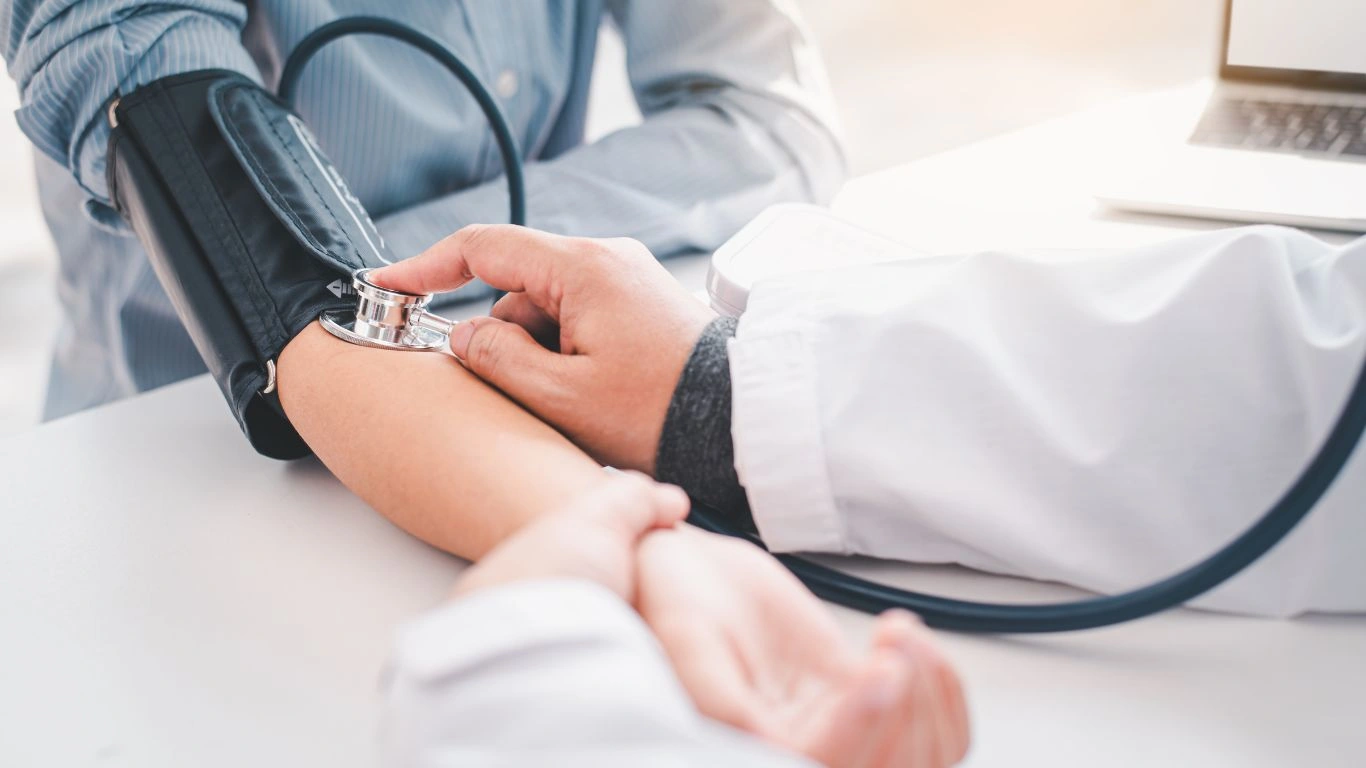
While we’re focusing on how beet juice lowers blood pressure naturally, it’s worth mentioning that its perks don’t stop there. Beets are a powerhouse when it comes to overall vascular health. The same nitric oxide that helps dilate blood vessels also improves athletic performance, oxygen delivery, and even brain function. Ever heard of beet juice being used by endurance athletes? That’s why—it literally helps your body use oxygen more efficiently.
- Improved circulation for better heart health
- Anti-inflammatory compounds that reduce arterial stress
- Antioxidants like betalains that fight free radical damage
These aren’t just fringe benefits—they’re part of the bigger picture when managing high blood pressure holistically. When your vascular system works better, everything else falls into place a little more easily. Trust me, your heart loves beets more than you know.
What’s the Best Way to Drink It?
Fresh-pressed beet juice is ideal, but I get it—not everyone has time to juice beets daily. I usually recommend starting with about 8 ounces of beet juice per day. That’s enough to trigger the nitrate-nitric oxide conversion without overwhelming your system (and yeah, your pee might turn pink—that’s normal!).
If you’re using store-bought options, make sure they don’t have added sugars or preservatives. I always tell my patients to read those labels like a hawk. Organic, cold-pressed beet juice is best, or you can even try powdered beetroot supplements—just make sure the nitrate content is listed.
Who Should and Shouldn’t Drink Beet Juice?

So here’s where I always like to offer a little personalized advice. While beet juice is *generally safe* for most people, there are a few folks who should pause and check in with their healthcare provider before diving in. From my clinical experience, I’ve seen amazing results in patients with stage 1 hypertension, but there have also been a few cases where beet juice wasn’t the best fit.
Beet Juice Is Great For:
- People with mild to moderate high blood pressure
- Anyone in the prehypertension range trying to avoid meds
- Those already on medication who want a supportive, natural boost
- Active individuals looking to improve circulation and stamina
But Caution If You Have:
- Kidney stones – Beets are high in oxalates, which can trigger stones in sensitive folks.
- Low blood pressure (hypotension) – If your blood pressure already tends to run low, adding beet juice could make you feel dizzy or lightheaded.
- Diabetes – Beet juice is naturally sweet, so keep an eye on your blood sugar and opt for smaller servings if needed.
Basically, don’t just add beet juice blindly. I always encourage my patients to track how they feel and monitor their numbers. Knowledge is power—especially when it comes to managing your heart health from the inside out.
How to Make Beet Juice Taste Better (Trust Me, I’ve Tried Everything)

Okay, let’s be real for a second. Beet juice isn’t exactly a crowd favorite in the taste department. It’s earthy, it’s strong, and for some people—well, let’s just say it’s an acquired taste. But don’t let that turn you off! There are some easy ways to dress it up without losing the blood pressure benefits.
My Favorite Beet Juice Combos:
- Beet + Carrot + Apple – Sweet, vibrant, and smooth. A total win.
- Beet + Lemon + Ginger – Great for digestion and cuts through the earthy taste.
- Beet + Cucumber + Mint – Super refreshing, especially in summer.
I’ve had patients tell me they couldn’t stand beet juice until they tried one of these combos. It’s all about finding your flavor balance. You can even chill it with a few ice cubes or blend it into a smoothie to make it more palatable.
How Long Does It Take to See Results?

This is a question I get a lot—how soon can I expect changes in my blood pressure from beet juice? And the answer is: it depends. Some people notice a drop in their numbers within just a few hours. Others might need a couple of weeks of consistent intake before things really start to shift.
There was this one guy—I’ll call him Dave—who came in skeptical but curious. We tracked his blood pressure every morning before breakfast. Within 3 days of daily beet juice, his systolic dropped by 6 points. By day 10, both his top and bottom numbers had dipped by almost 10 points. That kind of change isn’t just encouraging—it’s empowering.
That said, everyone’s biology is different. Factors like your baseline blood pressure, overall diet, medication, stress levels, and even sleep can all influence how fast beet juice works for you. But in most cases, you’ll begin to see noticeable trends within 1–2 weeks if you’re drinking about 8 ounces daily.
Pro Tip: Pair Beet Juice with These Habits
If you really want to boost the impact, try combining beet juice with these simple lifestyle shifts:
- Reduce sodium – Just cutting back on salt can supercharge the effects.
- Move more – Even light exercise like walking helps your body use nitric oxide more efficiently.
- Hydrate well – Staying hydrated keeps blood volume balanced and helps nutrients flow.
- Deep breathing or mindfulness – Lowers stress hormones, which helps lower BP too.
In practice, it’s never just one thing. But when beet juice is part of a bigger picture, it’s like flipping the switch from “manage” to “thrive.”
Should You Go Raw or Powdered?
This is another great question I get from patients and readers alike. Not everyone has time to juice beets every morning, and let’s face it—cleanup is no joke. So here’s what I tell people: both fresh and powdered beet options can be effective, but it’s about quality and consistency.
Fresh Juice Pros:
- Maximum nutrient content
- No additives or preservatives
- Tastes better when mixed with fresh ingredients
Powdered Beet Supplements:
- Convenient for travel or busy mornings
- Still high in nitrates if it’s a good brand
- Easy to mix into water, smoothies, or even yogurt
Just make sure any supplement you choose is third-party tested and clearly lists the nitrate content. That’s the stuff doing the heavy lifting for your blood pressure.
Personally, I alternate. When I have time, I’ll make a fresh blend in my juicer. On rushed days, I’ll toss a scoop of beet powder into my shaker bottle with some lemon juice and go. It’s all about what’s sustainable for *you*.
How to Build a Long-Term Beet Juice Routine Without Burnout

Alright, so you’ve made it this far—you know how beet juice lowers blood pressure naturally, how to use it, and even how to make it taste good. But let’s be real: the secret to long-term results isn’t just in knowing *what* to do, it’s in figuring out *how* to keep doing it. I’ve seen so many people start strong and then drop off after a few weeks because they just couldn’t fit it into their lives. That’s totally understandable—life gets busy. But I’ve also seen what happens when folks stick with it consistently: blood pressure stays down, energy goes up, and their confidence in managing their health skyrockets.
My Go-To Tips for Making It Sustainable
- Prep ahead of time – If you’re juicing fresh, batch it every 2–3 days and store it in the fridge.
- Find your “when” – Morning tends to work best because your blood vessels are more responsive after waking up.
- Pair it with a habit – Drink your beet juice while checking your morning emails or walking the dog—make it automatic.
- Switch it up – Alternate between beet blends, smoothies, or beet powders to keep it interesting.
For me personally, I drink my beet juice right before my first patient appointment of the day. It gives me a little boost, keeps me sharp, and lets me walk my talk when I recommend it to others.
Understanding the Bigger Picture: Blood Pressure Isn’t One-Dimensional
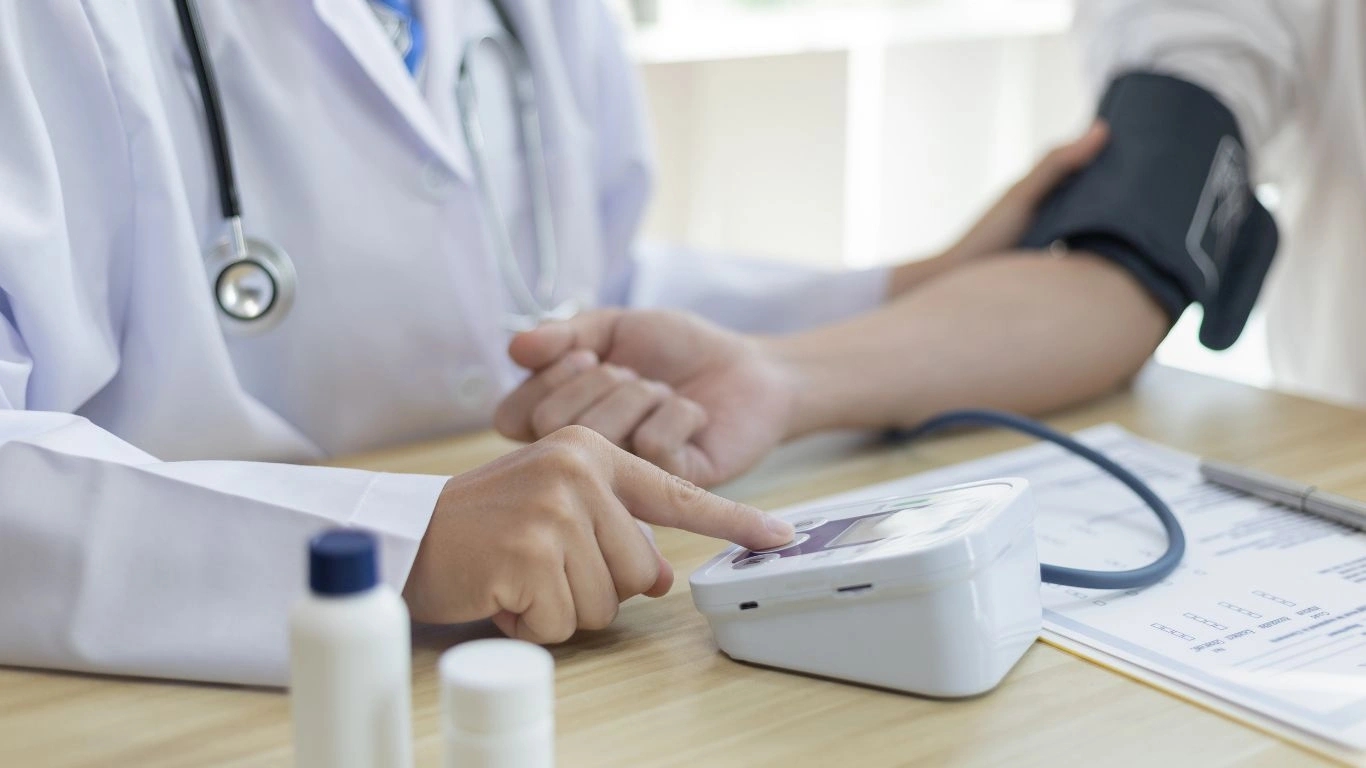
Beet juice is an incredible tool—but it’s just one piece of the puzzle. This is something I always talk through with my patients. Blood pressure isn’t just about sodium or genetics—it’s an evolving mix of lifestyle, stress, sleep, activity, hormones, hydration, and yes, nutrition. Beet juice works best when it’s part of a holistic routine that supports your body from every angle.
Other Natural Ways to Support Healthy Blood Pressure
- Magnesium-rich foods – Think spinach, almonds, avocados
- Omega-3s – Fatty fish like salmon or plant-based options like flaxseed
- Deep sleep – Aim for at least 7–8 hours a night for optimal vascular recovery
- Stress management – Even 10 minutes of daily mindfulness or breathing work can lower cortisol and bring BP down
In practice, when patients adopt these habits along with beet juice, their numbers drop faster and stay down longer. One of my longtime patients, Michael, saw his BP normalize over six months with just small, manageable changes. He didn’t do anything drastic. He just got consistent.
Beet Juice Myths: Let’s Bust a Few
Alright, let’s clear the air on a few common myths I hear about beet juice. Because when something gets popular (like beet juice has), there’s bound to be some confusion floating around out there.
Myth #1: It Only Works If You Juice It Yourself
False. While fresh juice is awesome, bottled or powdered forms can be just as effective—as long as the nitrate levels are high enough and there are no sneaky additives like sugar or preservatives. Just be label-savvy.
Myth #2: You Have to Drink It Every Day Forever
Nope. Some people do best with daily intake, while others see benefits drinking it a few times a week. It depends on your current BP levels, goals, and how your body responds. I recommend tracking your BP regularly to see what works best for you.
Myth #3: More Is Better
This one’s tempting, but nope again. Your body can only process so many nitrates at once. I’ve had patients try to double up, thinking they’ll drop their pressure faster—but all they got was an upset stomach and bright pink pee (which is normal, by the way!). Stick with 6–8 ounces a day unless directed otherwise by your doc.
Trusted Resources and Further Reading
For those of you who love to dig deeper (like I do), here are a few trustworthy places to expand your understanding of nutrition and blood pressure:
- National Center for Biotechnology Information (NCBI)
- American Heart Association
- Centers for Disease Control and Prevention (CDC)
- WebMD
Remember—be skeptical of quick fixes or miracle claims. Look for peer-reviewed research, expert commentary, and transparent data. That’s what builds real knowledge and confidence in your decisions.
Final Thoughts from a Hypertension Specialist
Here’s the bottom line from someone who’s been in the trenches of hypertension care for years: beet juice can be a game-changer, but it’s not a standalone solution. It works best when you use it as a tool—not a crutch—and build it into a lifestyle that truly supports your cardiovascular system.
Whether you’re just starting your blood pressure journey or looking for a natural way to complement your current routine, I encourage you to give beet juice a shot. Track your numbers, listen to your body, and most importantly—don’t underestimate the power of small, consistent changes. That’s where the real magic happens.
Disclaimer
This article is for educational and informational purposes only and is not intended as medical advice. Always consult with your healthcare provider before making changes to your diet, lifestyle, or medication regimen, especially if you have a chronic health condition or are currently taking prescription medications.

Dr. Gwenna Aazee is a board-certified Internal Medicine Physician with a special focus on hypertension management, chronic disease prevention, and patient education. With years of experience in both clinical practice and medical writing, she’s passionate about turning evidence-based medicine into accessible, actionable advice. Through her work at Healthusias.com, Dr. Aazee empowers readers to take charge of their health with confidence and clarity. Off the clock, she enjoys deep dives into nutrition research, long walks with her rescue pup, and simplifying medical jargon one article at a time.






